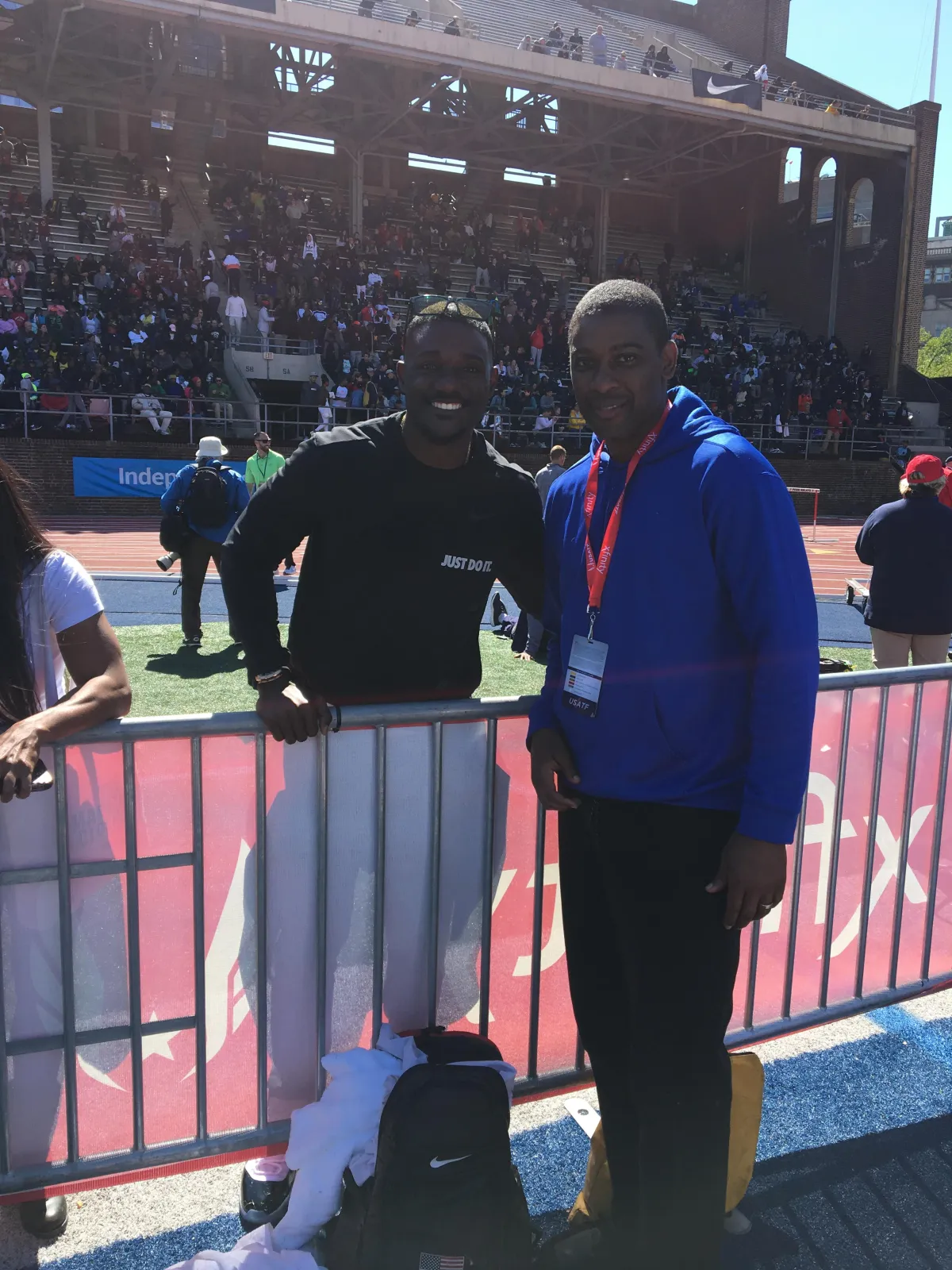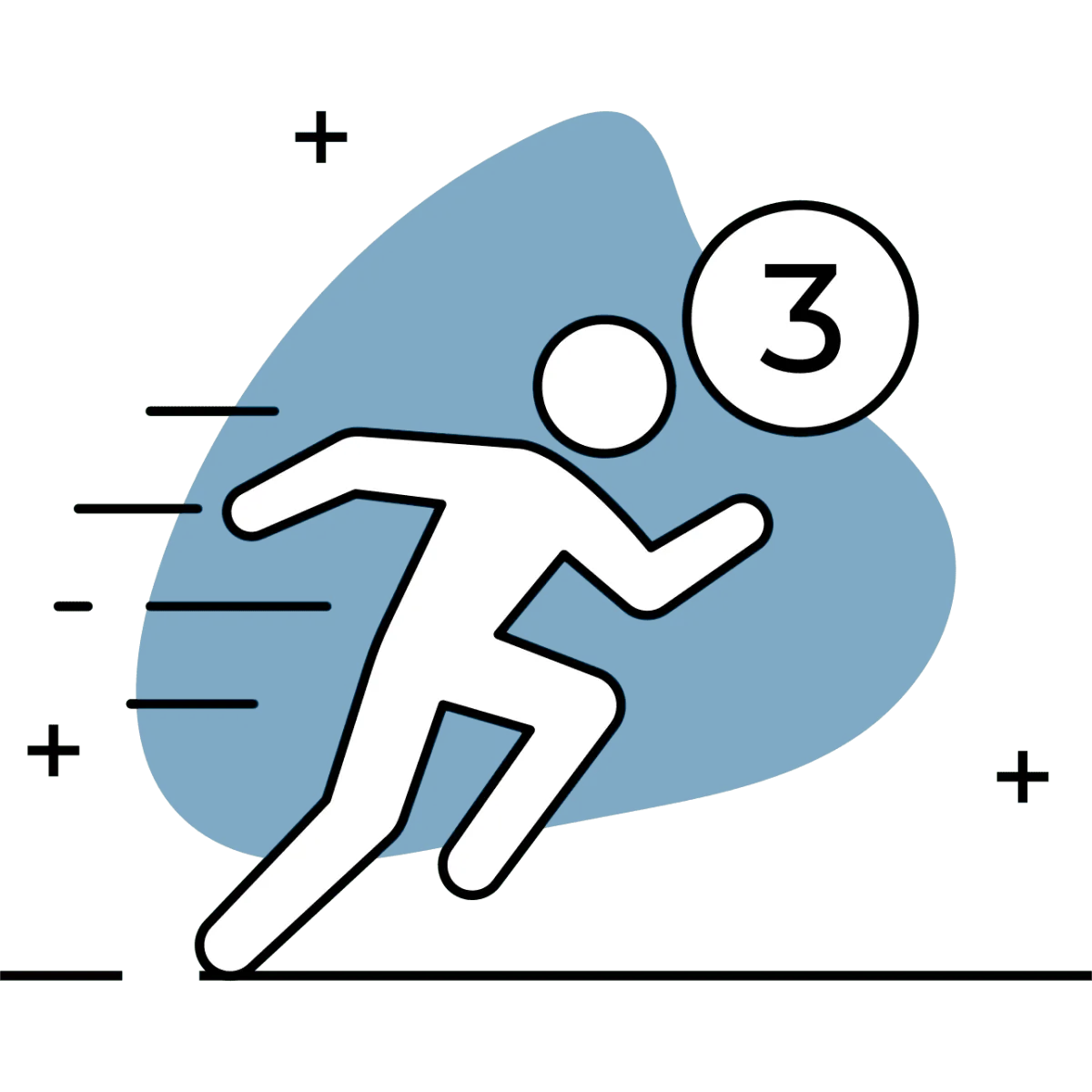856-618-1418
Sports nutrition?
Cherry Hill, NJ Sports Nutrition
Dear Friend,
Over the past 15+ years I've had the privilege of helping patients with sports nutrition! It's a BIG problem for a lot of athletes.
However, it's very poorly managed within the mainstream medical system.
Why?
You go in with the classic sports nutrition challenges soreness lasting too long, trouble sleeping through the night, weight shifts without diet change, fatigue despite good sleep, mood swings or burnout, “Hitting the wall” earlier in training, poor recovery, mentally tired, Brain fog, slow reaction times, or lack of focus during competition etc.
What do they do for you? CHEMICALS!!
Most doctors just treat symptoms. We look at root causes, nutrient gaps, inflammation, gut health, hormone balance, and create a natural plan that works with your body.
OFFICE HOURS
Monday
10:00am - 6:00pm
Tuesday
10:00am - 6:00pm
Wednesday
10:00am - 6:00pm
Thursday
10:00am - 6:00pm
Friday
Closed
Saturday
Closed

856-618-1418
1951 Old Cuthbert Rd Suite 102
Cherry Hill, NJ 08034
DO YOU SUFFER FROM ANY OF THESE?

Brain fog/mentally tired
Slow reaction times
Lack of focus during competition
“Hitting the wall” earlier in training
Soreness lasting too long
Trouble sleeping through the night
Mood swings or burnout
Weight shifts without diet change
Mid-day energy crashes even with clean eating.
Waking up tired despite 7–9 hours of sleep
Inflammation flare-ups with no clear injury
Irregular or racing heartbeats during workouts.
OUR APPROACH IS UNIQUE & DIFFERENT

We Don't Guess - We TEST
Remember, we take a "global" look. We look at a variety of factors including foods, nutrients, hormones neurotoxins, inflammation, cell health etc.
In order to truly get well and solve the problem, you need a doctor who is like a detective. Somebody who will take the time and dig for the root cause. NOT somebody who spends 5 minutes with you, gives you a "chemical" and says come back in 6 weeks. That's a failed approach.
Again, it's a big reason there are 24 million folks suffering with sports nutrition.
Thanks for stopping by!
If you're sick of the medical run around...then let's hop on a discovery call. No cost, simply a chance to ask each other questions and determine if our protocol would make sense for you.
SUFFERING WITH SPORTS NUTRITION CHALLENGES?

ROOT CAUSE
Our thorough exam / diagnostic testing will determine the root cause of your sports nutrition challenges!

OUR APPROACH
Our approach is safe, non-invasive, gentle, and provides lasting relief!

SOLUTION
We'll provide you with our recommended action plan that provide lasting solutions!

Common Root Causes of Sports Nutrition Challenges
Micronutrient Deficiencies – Even high-performing athletes can be low in magnesium, B12, iron, and vitamin D, leading to fatigue, muscle cramps, and poor recovery.
Poor Gut Health & Nutrient Absorption – Conditions like leaky gut, dysbiosis, and low stomach acid block the absorption of essential vitamins, minerals, and proteins.
Chronic Inflammation – Triggered by overtraining, processed foods, hidden infections, or environmental toxins, this silent saboteur hinders performance and recovery.
Hormonal Imbalances – Low testosterone, estrogen, thyroid dysfunction, or adrenal fatigue can cause energy crashes, poor sleep, and slowed muscle repair.
Toxin Exposure – Heavy metals, pesticides, plastics, and mold can disrupt metabolism, hormone balance, and cellular energy production.
Electrolyte and Hydration Imbalances – Dehydration or loss of sodium, potassium, and magnesium from intense training affects energy, cognition, and endurance.
Undereating or Overtraining – Not eating enough to support your activity level leads to burnout, hormonal dysregulation, and poor performance outcomes.
Neurotransmitter Depletion – Low levels of dopamine, serotonin, or acetylcholine can impact focus, motivation, and mood, key to staying sharp in competition.

MEET THE DOCTOR

Dr. Saute Dean

I’m Dr. Sauté Dean, functional medicine practitioner, chiropractor, and neuroscience-based performance coach for those ready to take control of their health.
With over 400 hours of post-grad training in nutrition and functional medicine, I’ve helped thousands of patients, from wellness seekers to elite athletes, restore energy, balance hormones, and perform at their highest level.
Whether you’re healing from burnout, managing chronic symptoms, or chasing your next personal best, I’m here to help you uncover the why behind your health and athletic performance struggles and build a plan that works.
This isn’t a one-size-fits-all approach. It’s personalized, science-based care that helps you move better, feel stronger, and live fully.
Let’s get to the root and rebuild your health from the inside out.
BETTER HEALTH IN JUST 3 EASY STEPS!

Book Your Appointment
Using our online booking, schedule a time that works best for you.

Get Your Treatment Plan
We create a plan that is specific to you, your needs, & your goals.

Feel Great Again!
Within days you'll have a more optimal state of health & vitality!
FIND THE ROOT CAUSE - LIVE THE SOLUTION
Your Health is Your Legacy, Let's Protect it Together.
At Dean Chiropractic in Cherry Hill, NJ, we're not just health care professionals. We are your partners in achieving a natural, pain-free lifestyle. With decades of experience, a passion for functional medicine...we are here to help you live your best life. Book your appointment today and start your journey to a more functional future.
NEW PATIENT SPECIAL
Are you a new patient? Take advantage of our Special Offer!


Facebook
Instagram
Youtube
TikTok